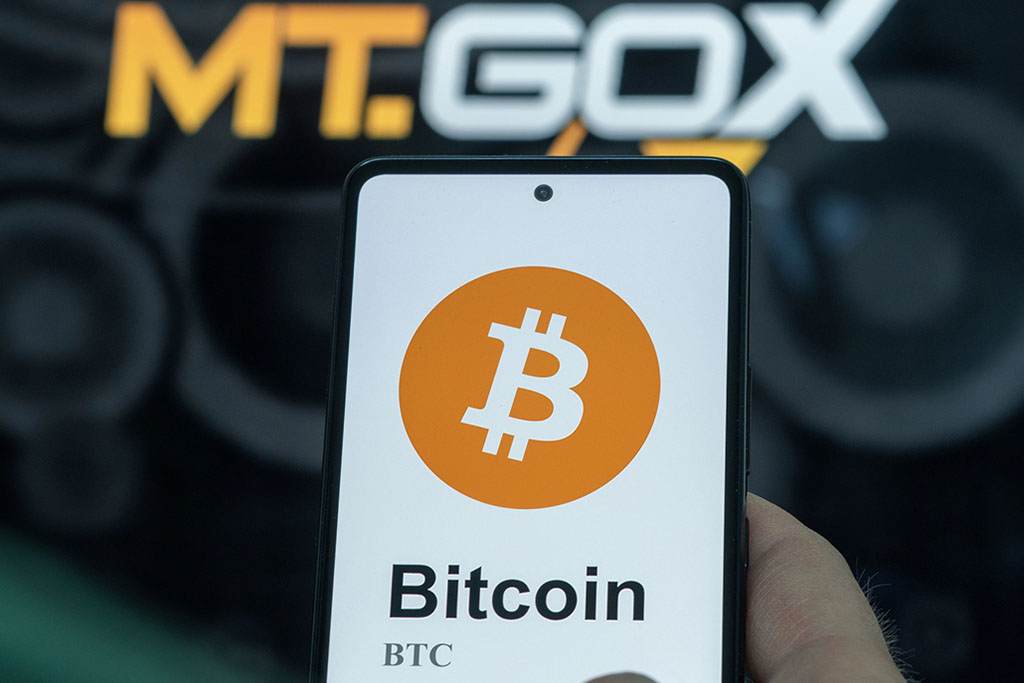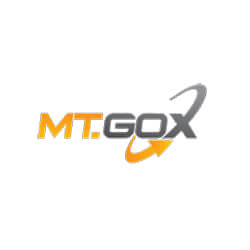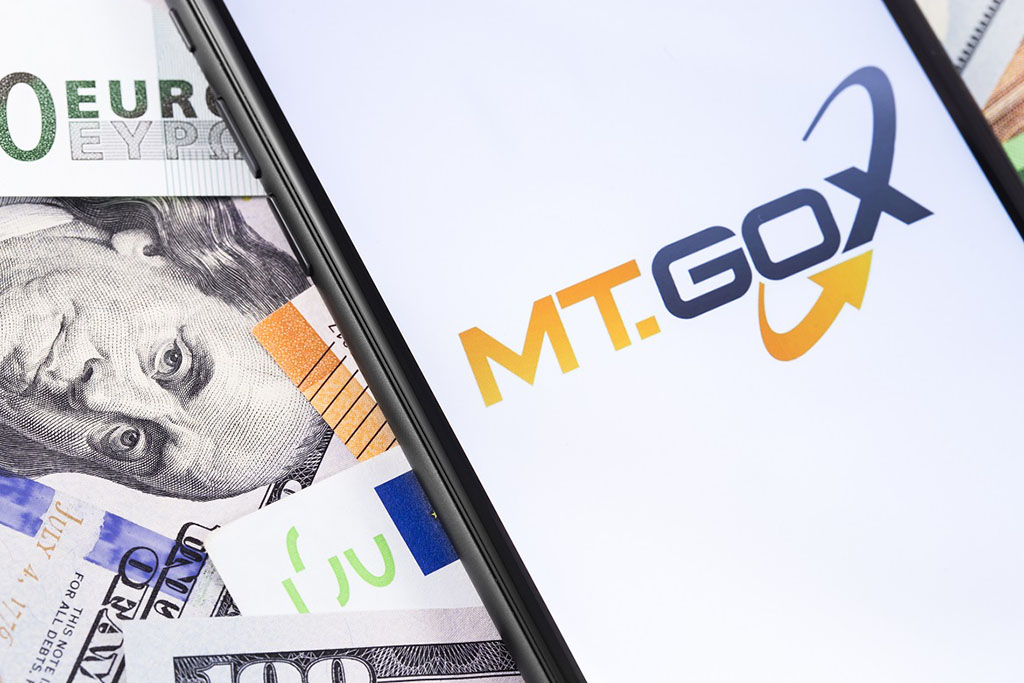
Mt Gox has triggered another intense speculation after moving close to $50 million worth of Bitcoin.

Mt.Gox was an online Bitcoin exchange that facilitates the trade of Bitcoins for local currencies around the world.
Mt. Gox was a bitcoin exchange based in Shibuya, Tokyo, Japan. Launched in July 2010, by 2013 and into 2014 it was handling over 70% of all bitcoin (BTC) transactions worldwide, as the largest bitcoin intermediary and the world’s leading bitcoin exchange.
In February 2014, Mt. Gox suspended trading, closed its website and exchange service, and filed for bankruptcy protection from creditors. In April 2014, the company began liquidation proceedings.
Mt. Gox announced that approximately 850,000 bitcoins belonging to customers and the company were missing and likely stolen, an amount valued at more than $450 million at the time. Although 200,000 bitcoins have since been “found”, the reason(s) for the disappearance — theft, fraud, mismanagement, or a combination of these — were initially unclear. New evidence presented in April 2015 by Tokyo security company WizSec led them to conclude that “most or all of the missing bitcoins were stolen straight out of the Mt. Gox hot wallet over time, beginning in late 2011.”

Mt Gox has triggered another intense speculation after moving close to $50 million worth of Bitcoin.

Despite these massive movements, Bitcoin has shown impressive resilience, with prices remaining remarkably steady above $107,000.

The recent large transfers have now raised hopes among creditors that payouts might be sooner than they expect.